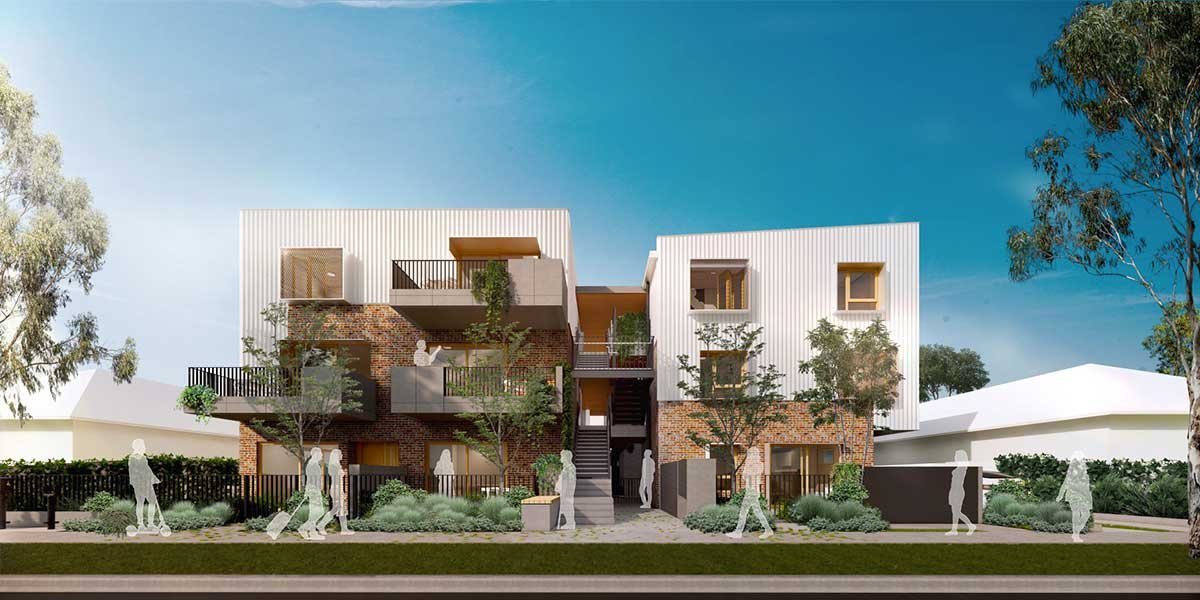In recent years, mounting concerns over climate change have sparked a burgeoning interest in sustainable living, promoting a lifestyle harmonious with the environment (IPCC, 2021). Individual efforts, when accumulated, have a substantial impact on mitigating environmental degradation. This article presents a detailed guide on transforming one’s living space into an epitome of environmental sustainability by outlining the integration of green materials, technology, and conscious consumption habits.
Material Choices: The Foundation of a Green Home
Central to the narrative of eco-friendly dwellings is the consideration given to the materials utilized in construction and decoration. Homeowners can resort to renewable materials such as bamboo, which is known for its rapid growth, thus fostering a regenerative approach to home construction (Manteca et al., 2020). Integrating recycled or upcycled materials, such as glass countertops or reclaimed wood, not only add a unique aesthetic but significantly reduce the home’s environmental footprint (Hauptmann & Steiner, 2013).
Building a Zero-Energy Home
The path to a sustainable home often leads to a considerable reduction in energy consumption. It is advisable to incorporate passive solar design principles, taking advantage of natural sources of heating and cooling, thereby reducing the reliance on artificial means (Torcellini et al., 2006). Solar panels and solar water heating systems stand as testimony to modern advancements facilitating a green transition, allowing homes to generate a significant portion of their energy needs sustainably (REN21, 2021).
A Garden That Nurtures the Environment
A garden, when cultivated with biodiversity in mind, offers a plethora of environmental benefits. Through the practice of permaculture, one can foster a symbiotic relationship with local flora and fauna, providing habitats for pollinators and native wildlife (Douglas et al., 2017). Cultivating a vegetable garden also stands as a potent countermeasure against climate change, fostering carbon sequestration and promoting a reduction in the carbon footprint associated with food transportation (Pimentel & Pimentel, 2008).
Michael Pollan eloquently articulates the deeper implications of nurturing a garden, noting that, “To plant a garden is to believe in tomorrow” (Pollan, 2008). This belief underpins the cultivation of gardens that provide nourishment while nurturing the environment.
Conscious Consumption and Waste Reduction
Adopting a philosophy of conscious consumption necessitates a critical evaluation of one’s buying habits. It implies opting for products with a longer lifespan, easily repairable components, and encouraging the recycling and upcycling of products. Creating a compost pit in the garden can aid in the reduction of kitchen waste directed towards landfills, thus fostering a circular economy within the home ecosystem (Kaza et al., 2018).
The Digital Revolution: A Tool for Sustainability
Modern technology harbors a wealth of opportunities to enhance the eco-friendliness of a dwelling. Intelligent home systems facilitate optimal energy utilization, curtailing unnecessary waste through programmed heating, lighting, and cooling systems (U.S. Department of Energy, 2021). Moreover, water-conserving appliances and fixtures play a pivotal role in reducing water consumption, actively aiding in the conservation of this precious resource.
Developing a Green Community
Beyond individual efforts, there exists an expansive potential in community-driven initiatives. Homeowners can collaborate with neighbors to initiate community gardens, shared composting facilities, and carpooling systems, thereby fostering a community grounded in sustainable practices and mutual cooperation (Forbes, 2019).
Conclusion
The endeavor to craft an environmentally exemplary dwelling is a holistic approach, encompassing judicious material choices, embracing technological advancements, and nurturing a profound connection with the natural environment. Through concerted efforts in building and sustaining such spaces, individuals can foster a harmonious balance with the ecosystem.
Rachel Carson, a vanguard in environmental advocacy, once reflected, “The more clearly we can focus our attention on the wonders and realities of the universe about us, the less taste we shall have for destruction” (Carson, 1962). This sentiment remains more pertinent today, urging homeowners to champion a lifestyle grounded in sustainability and foresight, forging a future harmonious with nature.
References
- Carson, R. (1962). Silent Spring. Houghton Mifflin.
- Douglas, I., et al. (2017). The Routledge Handbook of Urban Ecology. Routledge.
- Ellen MacArthur Foundation. (2017). Achieving ‘Growth Within’. Retrieved from [website]
- Forbes. (2019). The Rising Trend of Co-Housing – Where Every Night is Neighbour’s Night. Retrieved from [website]
- Hauptmann, D., & Steiner, H. (2013). Grounds and Envelopes: Reshaping Architecture and the Built Environment. Routledge.
- IPCC. (2021). Climate Change 2021: The Physical Science Basis. Retrieved from [website]
- Kaza, S., et al. (2018). What a Waste 2.0: A Global Snapshot of Solid Waste Management to 2050. Urban Development. Washington, DC: World Bank.
- Manteca, J., Mamo, G., & Lechner, P. (2020). Sustainability of Construction Materials (Second Edition). Woodhead Publishing.
- Pimentel, D., & Pimentel, M. (2008). Food, Energy, and Society. CRC Press.
- Pollan, M. (2008). In Defense of Food: An Eater’s Manifesto. Penguin Press.
- REN21. (2021). Renewables 2021 Global Status Report. Retrieved from [website]
- Torcellini, P., et al. (2006). Zero Energy Buildings: A Critical Look at the Definition. National Renewable Energy Laboratory.
- U.S. Department of Energy. (2021). Energy Saver. Retrieved from [website]
